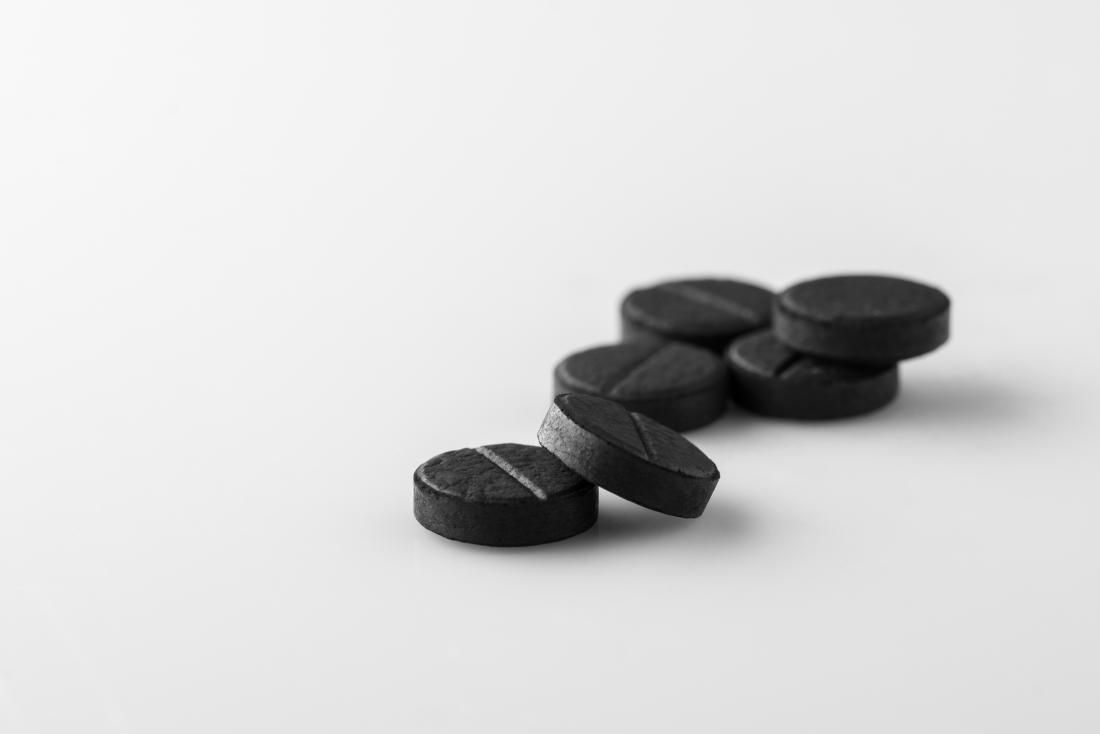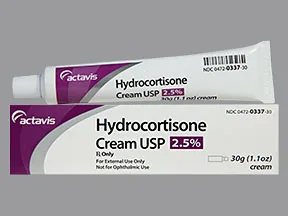In a serious and long-term situation of survival, a lot of things that we take for granted today will be highly coveted. If you made a list of things that most survivalists and preppers tend to stockpile, ammunition will be at the top, prescription food and life-critical medications. Few on the list, but no less on demand are over-the-counter medicines.
1. Activated charcoal tablets

Normally they are used in an extremely large amount of situations – from consuming intestinal gas to reducing cholesterol, so it’s very important to have this as an emergency drug throughout intoxications throughout your emergency kit. It can trap toxins and avoid them from passing into the body.
Pain Relievers
2: Acetylsalicylic acid (Also known as: Aspirin)
Aspirin can be used to relieve pain, decrease fever, decrease inflammation, and decrease risk of stroke or heart attack. Aspirin can also be used in combination with other over-the-counter drugs to improve the potency of the other medications. In reality, you can manufacture natural aspirin at home.
3: Acetaminophen (Also known as: Tylenol)
Acetaminophen is used in pain relief, including headaches and fever. This can also be combined with other drugs to create a synergistic effect, such as decongestants and opioids (pain killers). Research indicates that acetaminophen is safe to take with pregnant women.
4: Ibuprofen (Also known as: Motrin and Advil)
Ibuprofen is a non-steroidal anti-inflammatory drug, meaning it is useful for the treatment of pain caused by inflammation or linked to it. Consequently, ibuprofen can be used to treat conditions such as high fever, arthritis and joint pain. Despite its benefits, pregnant women should not take ibuprofen, but there are other effective natural anti-inflammatory and pain-relieving agents are available.
5: Benzocaine (Also known as: Orajel)
Benzocaine is a topical pain reliever, often used for treating toothaches and sore throats. Benzocaine can be found in a gel, lozenge or spray form.
6: Naproxen (Also known as: Aleve)
Naproxen is an anti-inflammatory drug which is non-steroidal, similar to ibuprofen and used to treat similar ailments, including headaches, inflammation, high fever and joint pain. One of the advantages of naproxen is that it lasts longer than ibuprofen and acetaminophen, and is better at reducing pain than ibuprofen. However, in some individuals naproxen is not as effective as acetaminophen or ibuprofen.
Digestive Treatments and Relief
7: Magnesium sulphate (Also known as: Epsom salt and magnesium sulfate)
Magnesium sulphate can be used as a laxative internally and as a wound cleaner externally. It can also help in relieving sore muscles.
8: Alka-Seltzer
Alka-Seltzer is both an antacid and a pain reliever. Alka-Seltzer contains aspirin, which eliminates pain and citric acid and sodium bicarbonate, when combined with water, to produce an antacid.
9: Loperamide (Also known as: Imodium)
Loperamide is very significant, as it helps to reduce diarrhea severity. In a survival scenario, diarrhea is a significant threat to a person’s health, because it can easily lead to dehydration. You can find 5 natural diarrhea remedies here.
10: Bismuth sub-salicylate (Also known as: Pepto-Bismol)
Sub-salicylate bismuth is a great medication to treat a wide variety of gastrointestinal ailments, such as heartburn, diarrhea, nausea and indigestion.
11: Calcium carbonate (Also known as: Tums)
Calcium carbonate serves as an antacid and is used to treat heartburn, acid reflux and indigestion. Calcium carbonate can also be used as a calcium supplement
12: Ranitidine (Also known as: Zantac)
For those who suffer from chronic heartburn, ulcers or acid reflux disease, ranitidine is a much-needed medication. Ranitidine works by reducing the amount of stomach acid the body produces.
13: Famotidine (Also known as: Pepcid)
Famotidine reduces the amount of stomach acid the body makes. This in turn helps reduce the discomfort from heartburn; ulcers and acid reflux disease.
14: Cimetidine (Also known as: Tagamet)
Cimetidine is a stomach acid reducer used to treat heartburn, acid reflux disease and ulcers.
15: Esomeprazole (Also known as: Nexium)
Esomeprazole is yet another stomach acid reducer and can be used to treat ulcers, heartburn and acid reflux disease.
16: Bisacodyl (Also known as: Dulcolax and Durolax)
When a laxative is required, bisacodyl will be nice to have on hand. Bisacodyl is often taken in pill form and is used to treat constipation.
17: Maalox (Also known as: Milk of magnesia)
Maalox serves as an antacid by helping neutralize stomach acid. Maalox’s primary ingredient is magnesium hydroxide, which is often included in other types of antacids. Maalox can be found in liquid, capsule and chewable tablet form.
Skin and Allergy
18: Hydrocortisone cream (Also known as: Cortizone 10)

Hydrocortisone cream is used to relieve the itching, swelling, pain and soreness of skin conditions, such as rashes. Hydrocortisone is the active ingredient, which is a topical corticosteroid. Hydrocortisone cream can be used to treat insect bites, eczema, exposure to poison ivy/oak, and other skin conditions.
19: Diphenhydramine (Also known as: Benadryl)
Diphenhydramine is an antihistamine which helps to reduce allergy-caused discomfort. This may also be used to treat motion sickness, nausea and difficulty sleeping, since it induces drowsiness.
20: Loratadine (Also known as: Claritin)
Loratadine is used for treating allergies, for example, hives and hay fever. Since it is an antihistamine of the second generation, it has the benefit of not inducing drowsiness – an essential feature of a drug during a situation of survival.
21: Fexofenadine (Also known as: Allegra)
Like Loratadine, Fexofenadine is a second-generation antihistamine that is used to relive allergy symptoms without inducing drowsiness.
22: Cetirizine (Also known as: Zyrtec)
Cetirizine is a commonly used antihistamine for treating hay fever and other allergies. Because it’s a second generation antihistamine, the effects of drowsiness are greatly reduced.
Cough, Cold and Decongestant
23: Cough suppressant (Also known as: Muxinex, Robitussin, NyQuil, Theraflue, Vicks and Dimetapp)
Many cough suppressants are available, many of them have other active ingredients, such as guaifenesin to provide additional cough, mucus and soothing cold. The dextromethorphan is the principal active ingredient in a cough suppressant.
Related: 5 Medicinal Plants that My Grandmother Grew in Her Backyard
24: Pseudoephedrine (Also known as: Sudafed)
The primary active ingredient in effective decongestant drugs is pseudoephedrine. Symptoms of common cold and sinus infections are also treated with it.
Medical/First Aid/Trauma
25: Burn Jel (Also known as: Water Jel)
Burn Jel is used to treat burns, including sunburns. The active ingredient is lidocaine, which helps numb the skin and underlying tissue. Another way to treat burns and many other infections is homemade colloidal silver.
26: Clotting sponge or bandage (Also known as: QuickClot)

QuickClot is a brand name for a bandages and sponges that stop bleeding as quickly as possible by applying a clotting agent to the wound. This is a great; unusual item you shave have in your first aid kit.
27: Neosporin
Neosporin is an antibiotic cream that contains the following three antibiotics: bacitracin, polymyxin B and neomycin. Neosporin will help prevent an infection of a minor skin wound, such as a small cut or scrape.
Miscellaneous
28: Dimenhydrinate (Also known as: Dramamine)
Dimenhydrinate is used to relieve the symptoms of motion sickness, including nausea and dizziness.
29: Clotrimazole (Also known as: Canesten and Lotrimin)
Clotrimazole is often sold in cream form as an antifungal medication. It is commonly used to treat jock itch, yeast infections, thrush and athlete’s foot.
30: Multivitamins

Some do not find multivitamins a medication, but in a situation of survival, it may not be possible to get enough nutrients from food. Therefore, individuals may use multivitamin pills to supplement their diet to prevent malnutrition.











